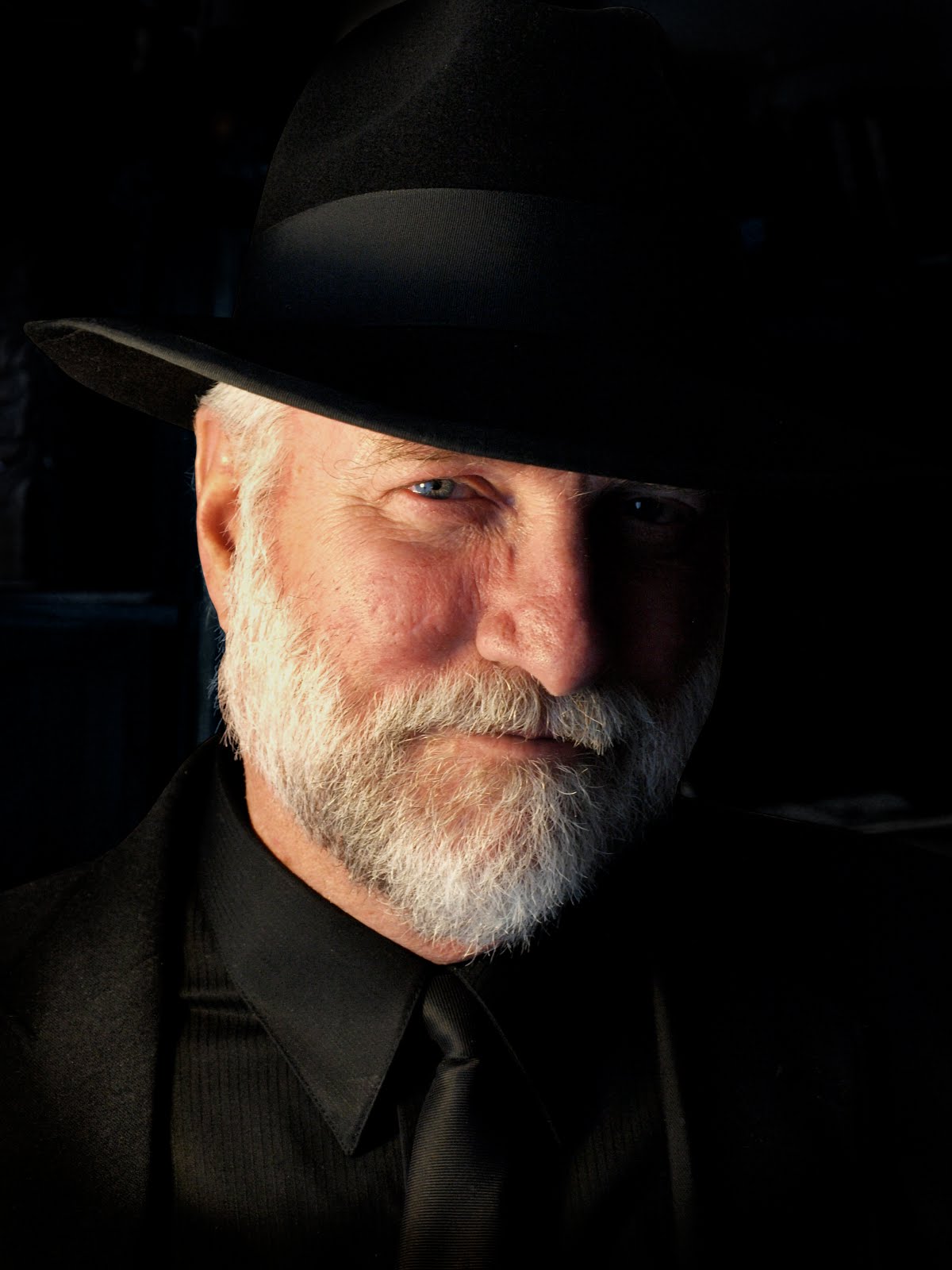______________________________________________________
When the Constitution of the United States was ratified it was a singular document. It was a simple document allowing for the governing of a diverse people with differing beliefs, interests and concerns. Perhaps its greatest attribute beyond the obvious compromise to create a union, was the mechanism included to allow for amendment. This gave the people the power to amend the Constitution in the future if the will of the people evolved to provide greater freedoms. It was the intention of the founding fathers that the constitution be flexible enough to meet future needs that they were unable to anticipate or that they felt the nation could accept in the future. This was the case with the 13th, 14th and 15th amendments that ended slavery and gave former slaves the right to be full citizens with the men the power to vote. It would take the turn of the next century and the 19th amendment to provide all women the right to vote. The Constitution of the United States was an inspired document and it has worked, but it has needed inspired leadership to help it along.

SUSAN B. ANTHONY
February 15, 1820—March 13, 1906
Fourteen years before the 19th Amendment to The United States Constitution was established, Susan B. Anthony passed away. But she would have been grateful that her efforts and the efforts of others like her, for the equal right of a woman to vote had eventually born fruit. Anthony was born in 1820, the oldest of seven children born into a liberal Quaker family active in the abolition movement of the 1800s. An intelligent child, Susan learned to read and write at age three and was taken out of the local school at the age of six and taught at a home school by her father when her father learned that her teacher refused to teach her long division. At age seventeen she entered a Quaker boarding school but had leave later in the year because of her family’s financial crisis following the Panic of 1837. The family moved to Hardscrabble, New York, in 1839 and Susan left home to teach at a Quaker seminary to help pay off family debts. In 1846 she moved on to teach at the Canajoharie Academy where she became head of the women’s department. It was as a teacher that she began to lobby for equal pay for men and women doing the same job.
Anthony left teaching and moved to be with her family in Rochester at age 29 where she began attending a Unitarian Church. She later gravitated away from organized religion altogether. Despite feelings of inadequacy of her oratory talents and a view of herself as unattractive, she began to speak at events supporting the abolition of slavery and temperance and soon became a prominent spokesperson for progressive causes with fellow feminist leaders, Elizabeth Cady Stanton and Amelia bloomer. Anthony saw the abolition of slavery and the eventual equality between the races and the sexes as necessary for progress in America and she tried to combine the two in her movement. This, of course, created some distance between her and longtime friend Frederick Douglas, who championed equal rights for black men alone when the 15th Amendment to the constitution was passed and ignored the right of women to vote. Anthony was unable to enthusiastically applaud the progress that left women behind, and felt that there was much left to do and devoted herself to women’s suffrage from that point on.
Anthony had begun her weekly publication, The Revolution, in 1868 which supported equality for blacks and women, but after the 15th Amendment in 1869 it s pages were almost exclusively devoted to women’s issues, including the vote, equal pay, and divorce laws. In 1872 Anthony was arrested by federal law enforcement officers for illegally voting. She argued that the 14th Amendment which stated,” all persons born or naturalized in the United States” did not exclude women from the privilege of voting. Nonetheless, she was tried, convicted, and fined. However, she refused to pay the fine and used her trial and increase notoriety to give her arguments greater public exposure.
During her crusade for equality for women, Anthony endeavored to unionize women labor and combine it to suffrage and to align moderate and conservative women’s suffrage movements. In time she came to believe that a more moderate approach than her more radical friend, Elizabeth Cady Stanton, espoused would realistically gain more. Her position was to focus on the vote and leave other issues like “women’s religious and social bondage” to be argued later. Her efforts translated into the National American Woman Suffrage Association (NAWSA). History proved her to be right.
When Susan B. Anthony died on March 13, 1906, she may have thought that she had fought the good fight but had come up short, but her legacy was the 19th amendment to the Constitution of the United States. Though it came too late for her to take advantage of herself, her life's work benefited millions of American women in her wake. Since her death, she has been revered by many men and women alike and honored by her country’s government for her leadership tireless efforts for emancipation of the slaves and for the right of all citizens to cast a vote of conscience. In 1921, Anthony was honored with a sculpture in the nation’s capital and was the first woman to be immortalized on a U.S. coin, a quarter-sized dollar minted in the years 1977, 1980, 1981, and 1999.


No comments:
Post a Comment